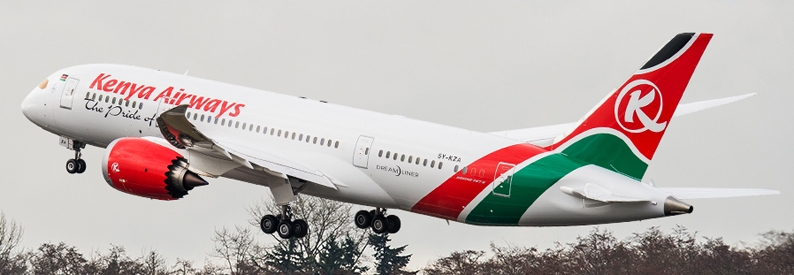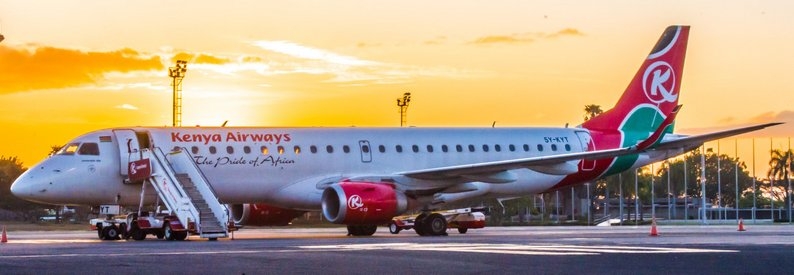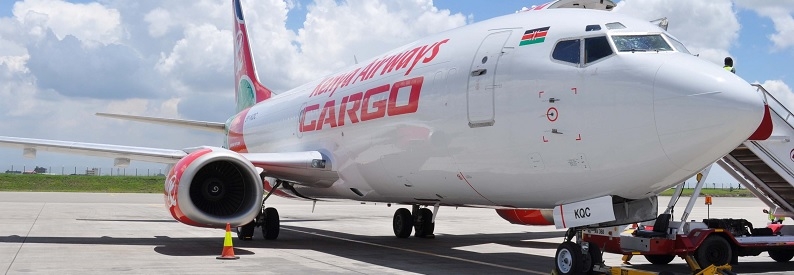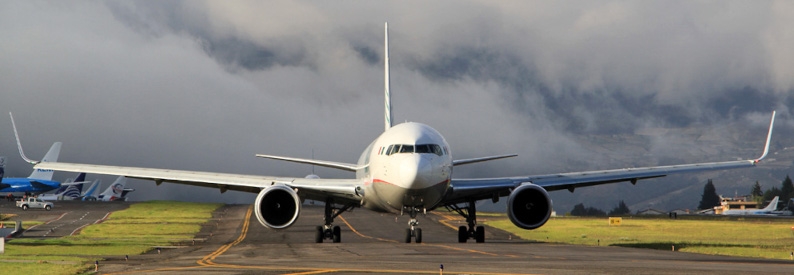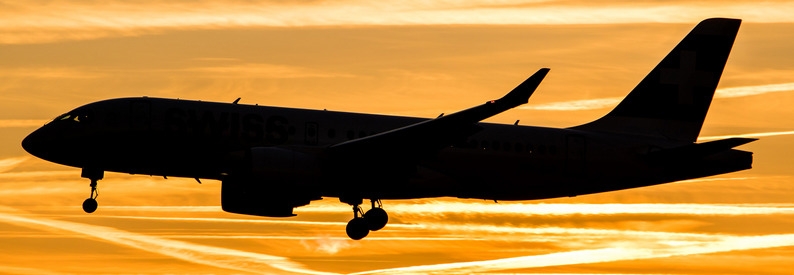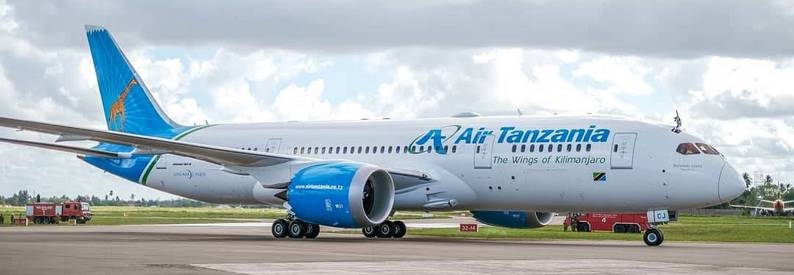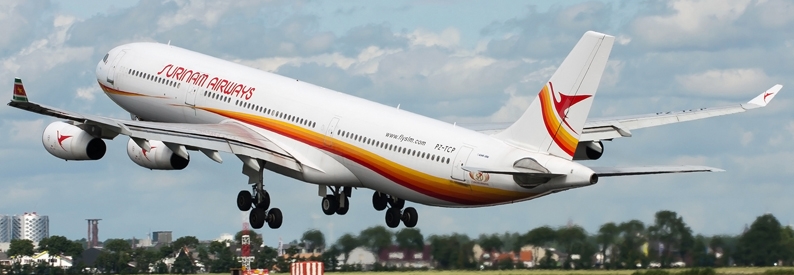Air Tanzania (TC, Dar es Salaam) saw its net loss rise 62% in the 2023-24 financial year, mainly due to the prolonged grounding of its A220-300s and a DHC-8-Q300, unpaid lease charges, and high operational and maintenance costs. The airline's total accumulated losses reached TZS534 billion shillings (USD199 million).
These are some of the findings in the Annual Audit Report for Public Entities for the fiscal year (July 1 to June 30) in question, tabled in the country's National Assembly on April 16 by the Controller and Auditor General (CAG).
According to the report, Air Tanzania Company Limited (ATCL) has consistently sustained financial losses over the last six years. In 2023-24, despite receiving TZS70 billion (USD26 million) for staff expenses and TZS57 billion (USD21.2 million) in capital grants, the airline’s annual net loss rose from TZS56.6 billion (USD21 million) in 2022-23 to TZS91.8 billion (USD34.2 million) in 2023-24.
"The worsening financial position was primarily driven by high lease and maintenance costs for newly acquired aircraft, further straining resources," it notes.
Delayed A220-300 ops
In particular, the audit found that Air Tanzania's four A220-300s had been grounded for periods ranging from 279 to 721 days by June 30, 2024, due to poor performance and inadequate support services, including limited spare parts. Despite being grounded, the flag carrier incurred TZS9.16 billion (USD3.4 million) in fixed costs for these aircraft during the financial year.
"The grounding of Airbus A220-300 aircraft due to corrosion and manufacturer-related engine faults led to significant flight disruptions, revenue losses, and unrecovered fixed costs on insurance, maintenance, and staff expenses," he disclosed.
ATCL received TZS5.49 billion (USD2 million) in lease incentives from the TGF - Tanzania Government Flight agency, but this covered only 60% of the fixed costs of the grounded Airbus Canada aircraft. Inadequate feasibility studies and poor understanding of purchase contract terms led to missed warranty claims on engine damage, causing avoidable financial losses.
The CAG recommended that ATCL reassess its A220 technical issues with the government; study optimal aircraft types for efficient, region-suited operations; and, with the TGF, review contracts to recover missed warranty benefits. The TGF owns the aircraft and leases them to ATCL.
Long-grounded Q300
The audit also revealed that ATCL incurred TZS369.13 billion (USD137.4 million) in unpaid lease and maintenance fees over six years, and spent TZS20.63 billion (USD7.7 million) on "uneconomical repairs" for its grounded sole Dash-8-Q300, 5H-MWF (msn 474). This led to a financial loss of TZS91.8 billion (USD34.2 million) and reduced operational capacity.
The Q300 has been grounded for seven years, with nearly four years spent on unsuccessful maintenance, it added. Key issues include the aircraft’s outdated model and spare parts scarcity, along with managerial failure to assess the economic viability of repairs.
Cumbersome relationship
A major deficiency flagged in the audit is the relationship between Air Tanzania and the TGF, which requires the airline to pay fixed monthly aircraft rental to the government agency. However, unpaid lease fees and maintenance reserve charges for six consecutive financial years amount to TZS369.13 billion (USD137.4 million), accounting for 63% of the total reported outstanding liabilities of the airline, TZS595 billion (USD221.7 million), as of June 30, 2024.
The unpaid lease fees and maintenance charges were mainly due to the high operational and maintenance costs faced by ATCL, leading to significant financial difficulties for the company.
Analysis revealed that TZS260.19 billion (USD97 million), or 73% of the TZS354.21 billion (USD132 million) debt to the government, was due to concessionary leases payable to the TGF. The delay in settling these balances was attributed to low revenue at the airline and challenges in managing the concession lease agreement with the TGF.
Current fleet status
According to ch-aviation Commercial Aviation Aircraft Data and ADS-B data, only five of Air Tanzania's fleet of 16 aircraft remain grounded as of April 2025. All but one of the A220-300s are operating on domestic and regional routes, as are its two B737-9s, and four out of five DHC-8-Q400s. Two of the airline's three B787-8 widebodies are flying long-haul routes to Guangzhou and Mumbai International. Its only freighter, a B767-300F, is grounded due to delays in pending flight permits and slot approvals, according to the audit report.

